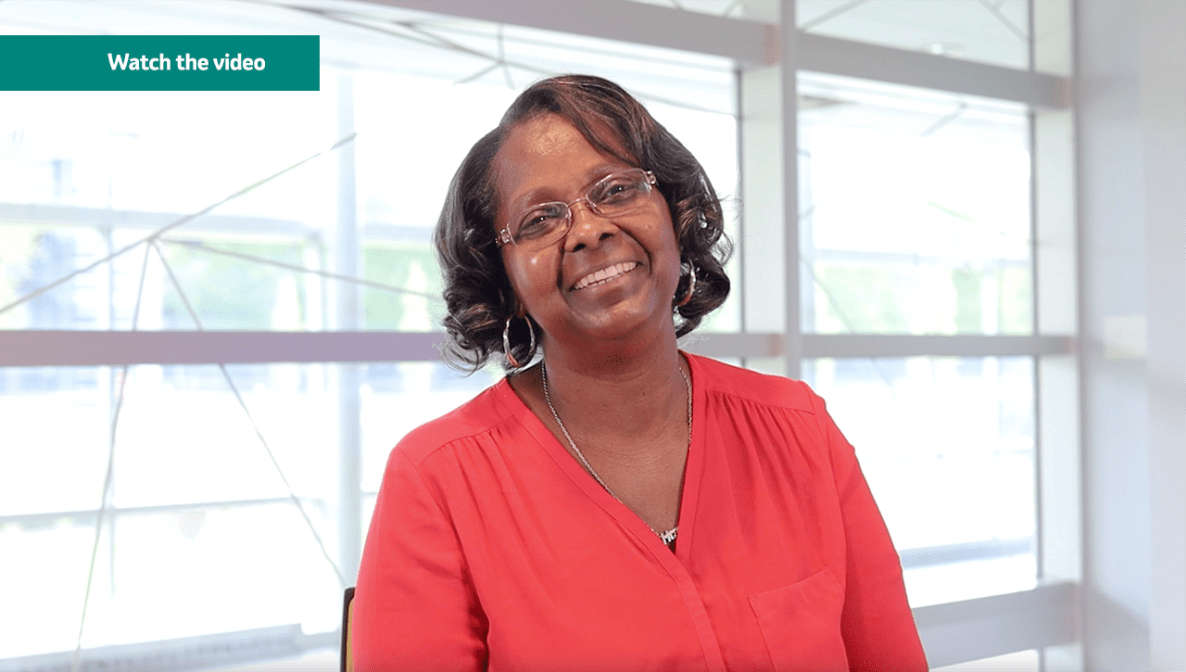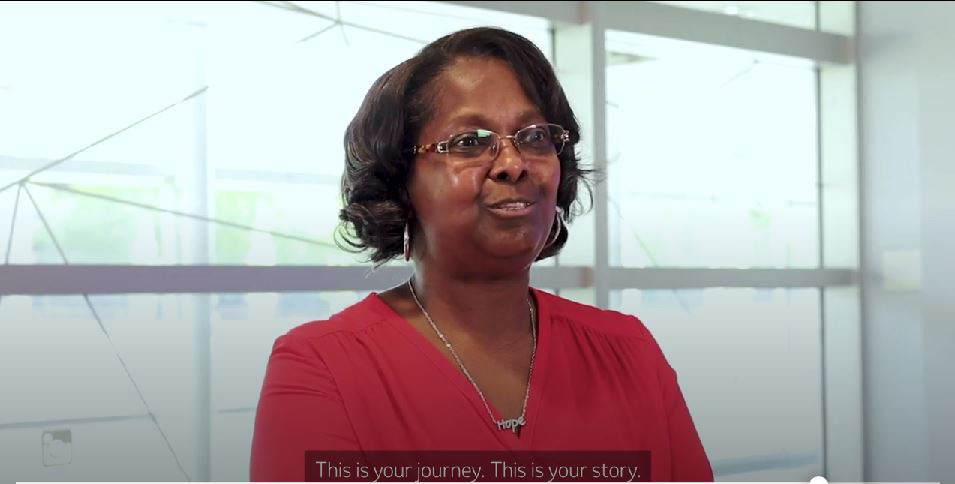Staying positive with pulmonary arterial hypertension
From struggling to breathe to advocating for others, one woman with PAH shares her story
October 24, 2023

A decade ago, Nola Martin was having trouble breathing, and she was gaining weight. She assumed it was simple: She started to focus on improving her diet and getting more exercise, but she wasn’t seeing results.
“Little did I know the situation was a lot more serious than that,” she said.
Martin was diagnosed with pulmonary arterial hypertension (PAH) and scleroderma. PAH is a disease of high blood pressure in the lungs. Her PAH was associated with scleroderma, a connective tissue disease that can affect the skin, blood vessels and organs and can cause PAH.
“I had two illnesses, and I had no idea what they were from. How did I get them? I was hearing all these terms I’d never heard of before.”
- Nola Martin
Finding the right care
Martin said that the confusion and complexity of having two chronic diseases made the beginning of her journey the most challenging. Through her experience with PAH, she said she learned that “you must find a facility that is familiar with your disease.” She recommends the Pulmonary Hypertension Association as a great place to start learning about PAH.
While she knows her PAH is progressive, she chooses to stay positive.
“What I learned about advocating for myself with PAH is that no one is going to fight as hard for me as I will,” said Martin. “I know my body. I know when something is different, but I also know that my doctors are not mind readers. If I don’t share with them what is going on, including the smallest details, they can’t give me the proper treatment I need.”

Staying hopeful through connection
It’s important to Martin to connect with other PAH patients and educate people about the disease.
Since her diagnosis, she’s educated numerous people about PAH and scleroderma. She believes in the importance of raising awareness and telling her story. It’s sometimes hard for her to explain to people that even if she doesn’t appear sick, she may still be dealing with difficult symptoms.
“PAH has affected so much of my daily life — simple things like vacuuming, doing the laundry, taking a shower and going to the grocery store,” Martin said. “I encourage others to be understanding and avoid making assumptions about a person with PAH based on their outward appearance.”
She urges people to be supportive and listen when someone shares their story.









